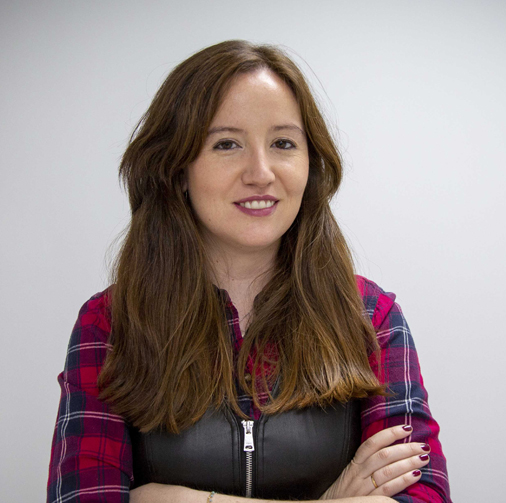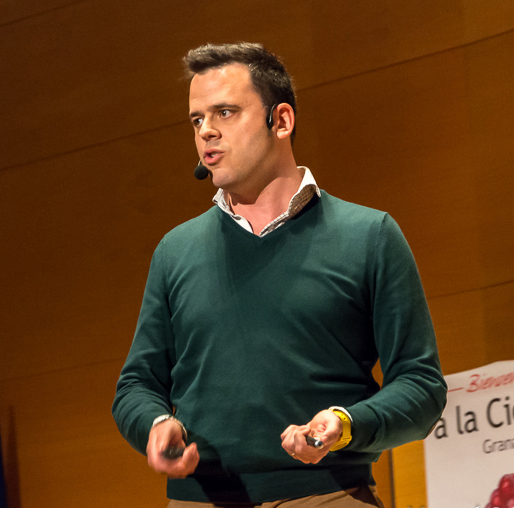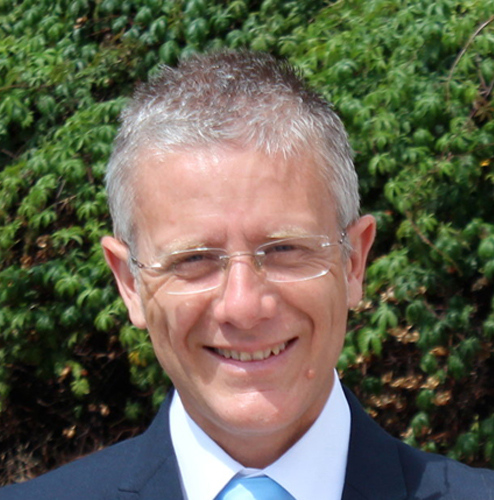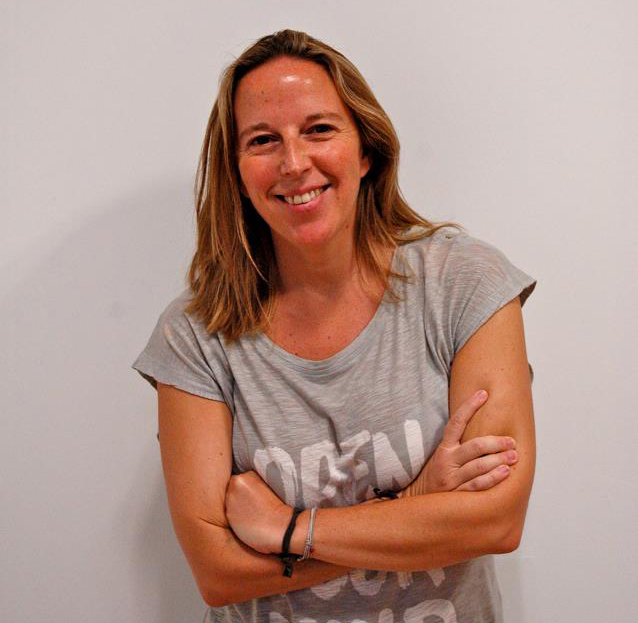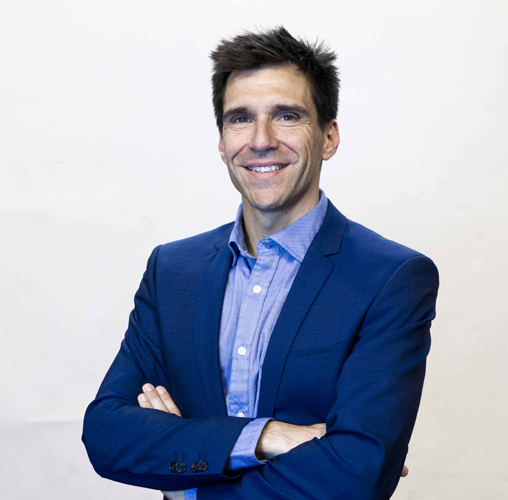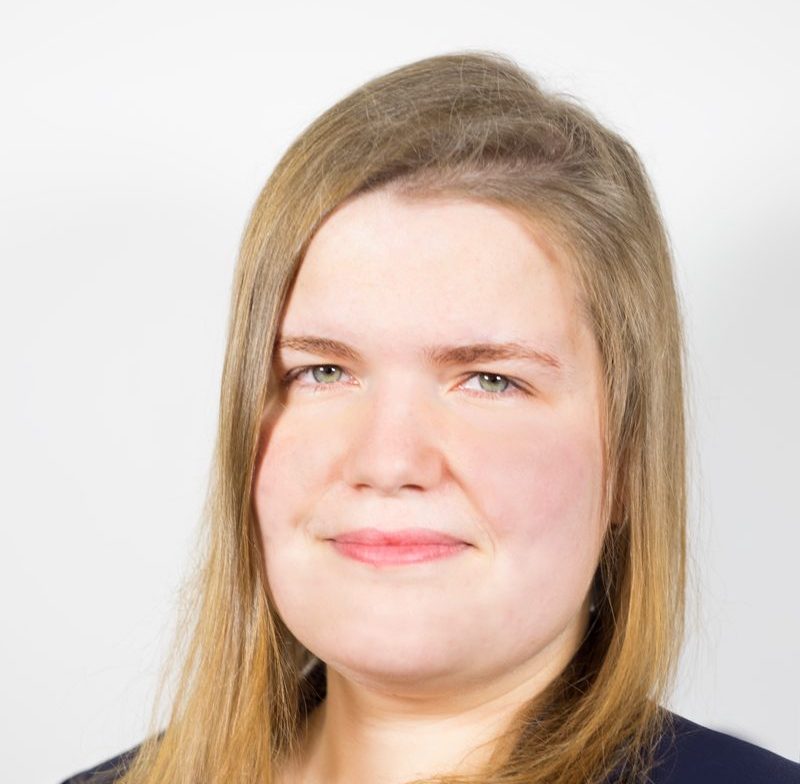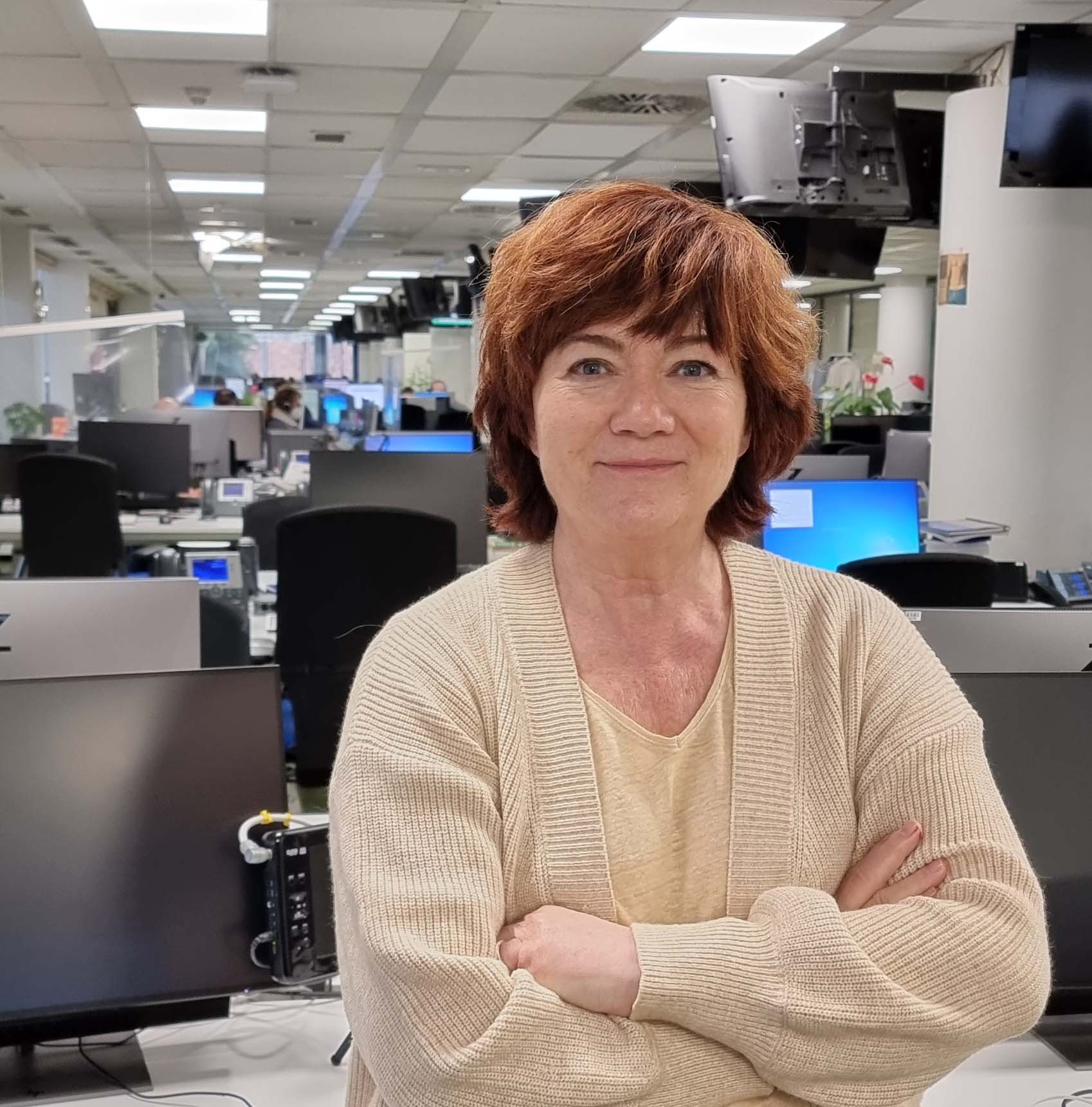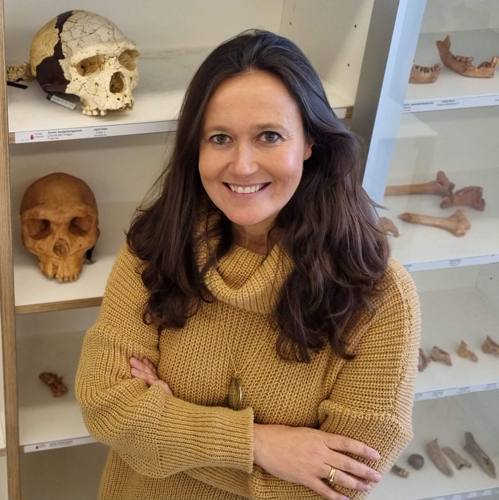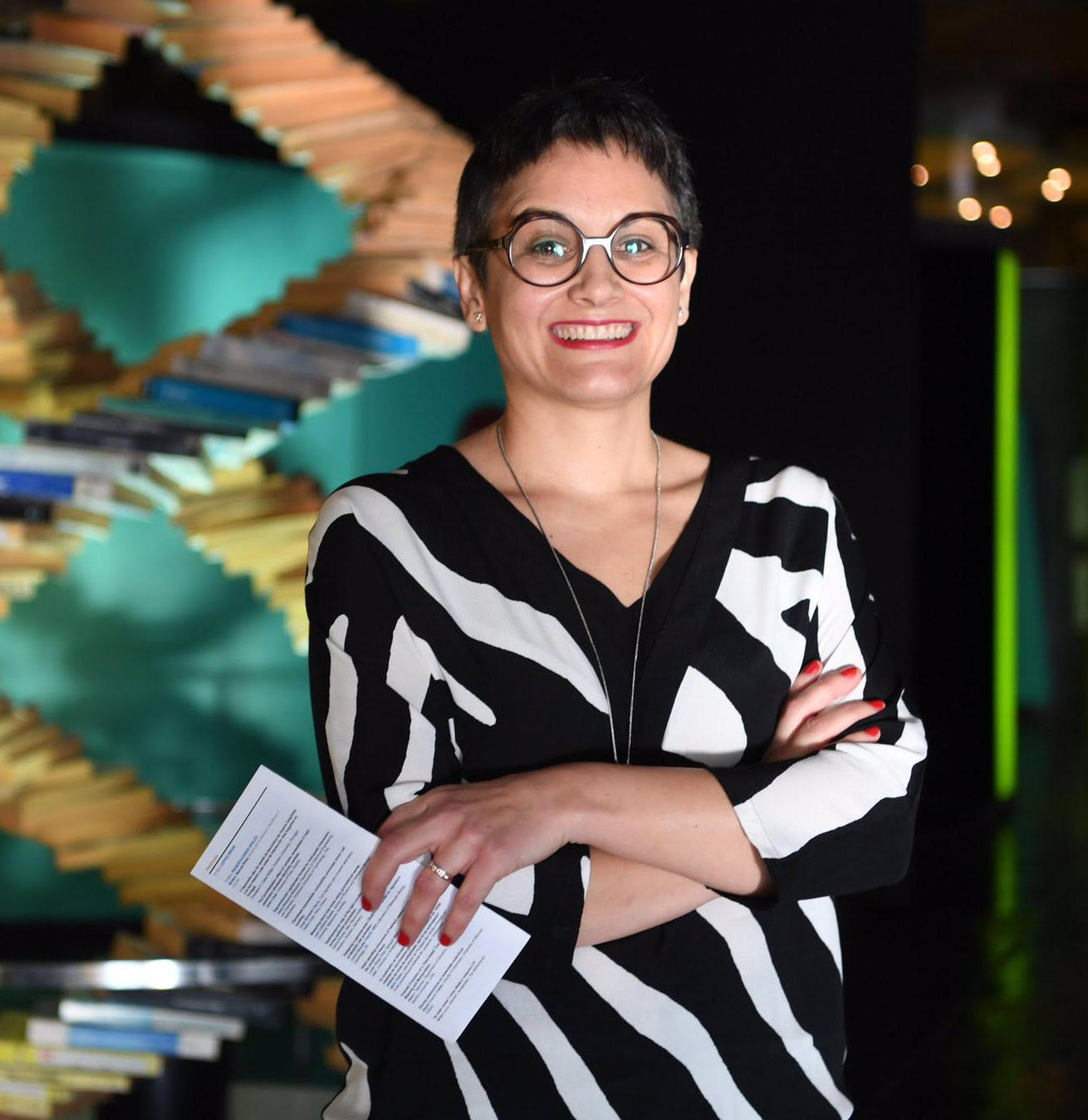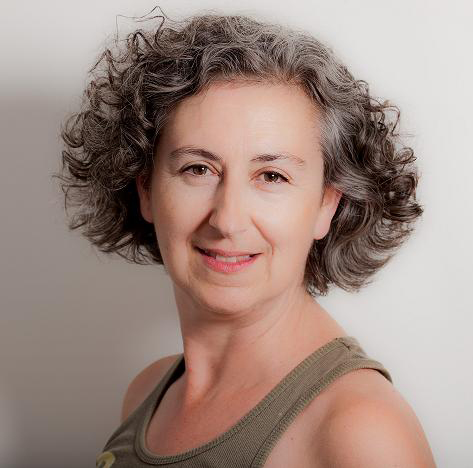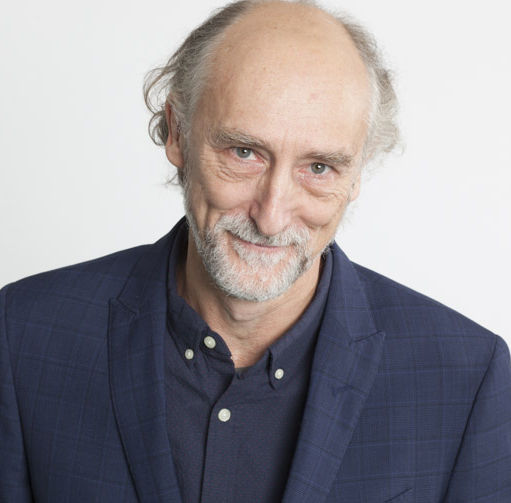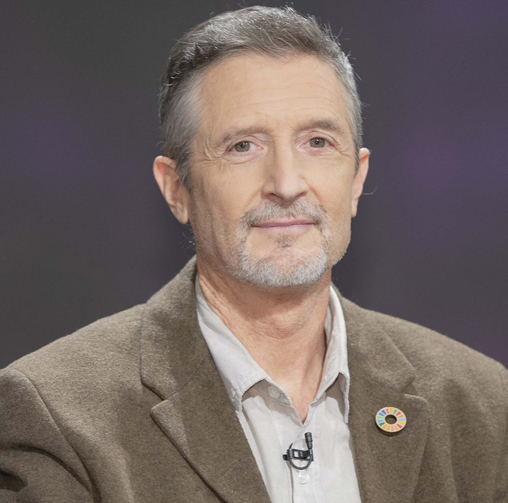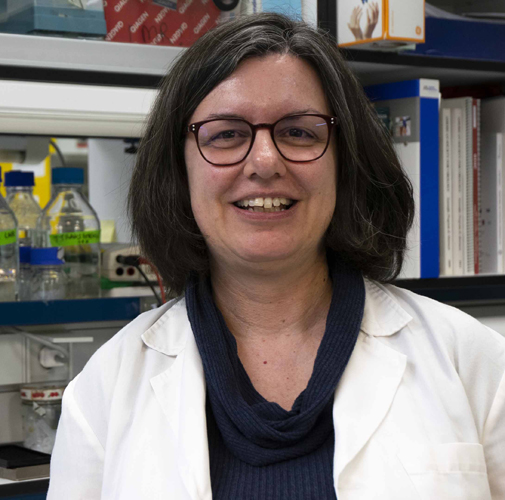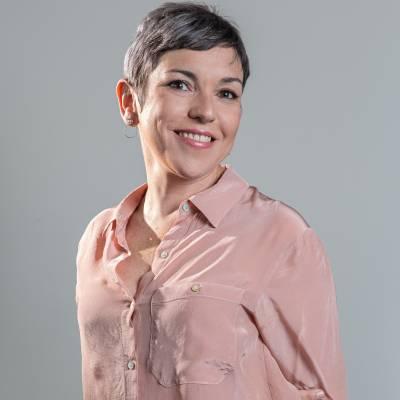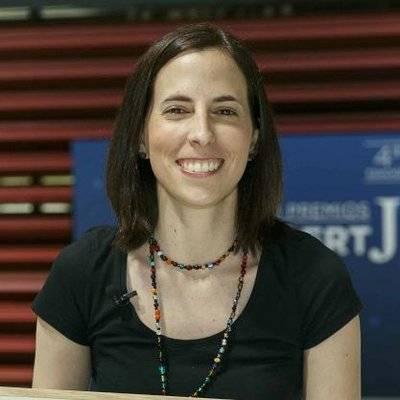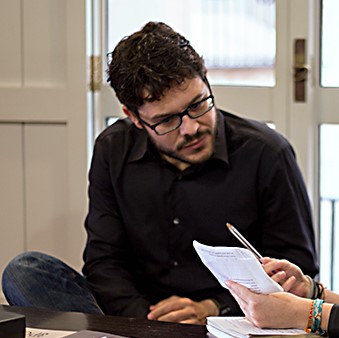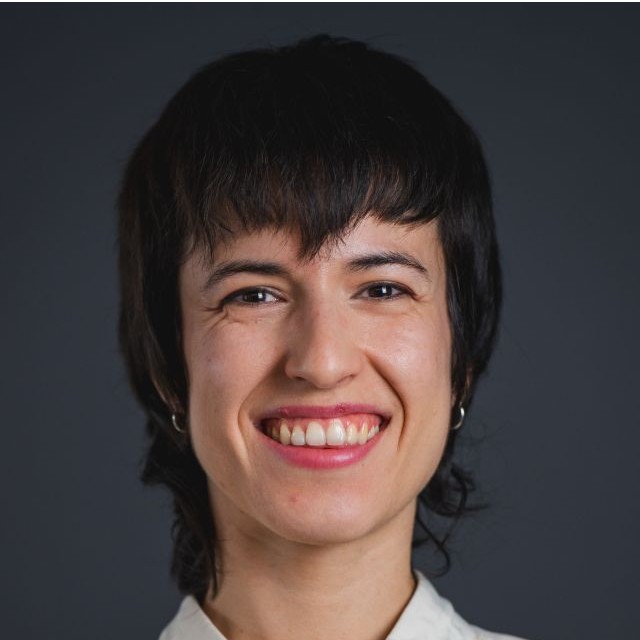The Science Media Centre Spain is what you need when science makes the headlines Yes, but what do we do, why, when and how? Where are we and who are we? All the answers are below.

The SMC Spain offers resources to journalists, researchers and press officers to cover current events when science makes the headlines.
The SMC Spain is an independent press office that offers resources, reliable content and expert sources to the media for science-related news coverage. Launched by the Spanish Science and Technology Foundation (FECYT), we are part of an international network of SMCs that originated in 2002.
Because –to quote UK's Science Media Centre– “the media will DO science better when scientists DO the media better”. Many science news stories generate controversy and improving the public debate requires context, sources and evidence.
We offer informative content to cover science news with varying degrees of depth and immediacy: quick reactions, explanations, and analyses. We also provide briefings, as well as resources on current events and communication. All of this is available under a Creative Commons license.
We keep an eye on any controversial information about science to respond with the speed that the media needs. We work with embargoes from scientific journals and monitor the public debate in case it requires specialized voices.
You can find us on this website and on social media. We also send embargoed and non-embargoed content to registered journalists so they can include it in their news coverage quickly.
Our team consists of journalists with extensive experience in scientific reporting. We collaborate with scientists and their press offices, and we are supported by our advisory committee.
The SMC Spain aims to contribute to the accurate portrayal of science in the media, with context, expert sources, and the best available evidence. Only in this way can we improve the quality of public discussion on the many current issues related to science.
This voluntary team of independent experts provides specialized knowledge and advice to the team of the SMC Spain.
When science generates controversy in the news agenda, the SMC Spain responds swiftly with 'reactions' from sources that help put the news in context. The topics we address may originate from research results (which we learn about before publication through the embargo system) or from unpredictable news (statements, crises, announcements, etc.).
We also publish articles written by specialists: 'expert voices' and explanatory articles prepared by our editorial team: 'what we know.'
We select sources based on their expertise, aiming for representative viewpoints of all the opinions that should be considered in each scientific community debate. We ensure gender balance and disclose any potential conflicts of interest for each source.
SMC Spain compiles all its scientific contacts in an internal-use-only database, categorized by area, which includes press officers. If you are a scientist and wish to be part of this database, please write to us.
The content of the SMC Spain is published under the Creative Commons BY 4.0 license, which allows for copying, distributing, publicly communicating, and transforming the content, including for commercial purposes.
- Journalists can subscribe to access embargoed content before science information is made public. They will have to agree in writing to comply with the embargo policy, and will be responsible for ensuring that embargoed materials are not disseminated, be it in part or in full. The SMC Spain reserves the right to authorise registration. In no event shall SMC Spain be liable for the misuse of embargoed material by a journalist. Failure to comply with the embargo policy will result in the journalist's automatic removal from the SMC Spain’s list.
- Press officers can register in the directory to facilitate searches by journalists. This registration will also allow the website to gather all the content in which the center's research staff has participated.
The mission of an SMC is to provide journalists with the best available science. Operational and editorial independence is achieved through:
- A statute that ensures the independence of SMC Spain, preventing any interference in its content, regardless of the subject matter.
- An advisory committee, composed of a group of independent volunteer advisors from the fields of science, engineering, medicine, journalism, and communication, who provide specialized knowledge and advice.
In addition to governance independence, sustained funding over time is another key element for SMCs. Some have achieved this through a model of external multi-funding, with a maximum participation percentage per funder, ensuring that the SMC's activity is not subject to the interests of any institution.
Other SMCs operate with public state funding and small private donations. The Spanish SMC was launched with funding from FECYT, and only if deemed appropriate in the future, donations may be sought from organizations interested in scientific information: research institutions and centers, universities, science-based companies, publishers, professional and patient societies, media outlets, research funders, and the government.
A Science Media Centre (SMC) is an independent communications office that helps ensure that the public has access to the best science through the media when science hits the headlines. There are several SMCs around the world: in the UK, Australia, New Zealand, Germany and Taiwan. Although each operates autonomously, they all come together in an international consortium. SMC Spain, launched by FECYT, has joined this network.
Yes, each SMC retains its independence, but we all share guiding principles with a clear mission: to enhance public debate and discussion of current affairs by bringing evidence-based information to the headlines.
We offer formats with varying degrees of depth and immediacy to cover science-related news. We produce these types of products now, with more to come in the future.
- Reactions: when science hits the headlines, we seek the point of view of different authoritative sources that assess the news with rigour and speed, according to the available evidence and outlining the accepted consensus and controversies in the scientific community.
- Expert voices: each one of these pieces is an in-depth, more relaxed analysis of a topical issue commented on by specialists in that subject. These ‘expert voices’ put news stories into context, especially those involving controversies of social interest, which can be easily misinterpreted.
- What we know: the SMC team produces explanatory articles on topical issues to answer society’s questions, with the necessary context and depth. The sources and resources used to produce the article are always provided.
- Resource library: guides on different scientific topics for journalists and communication departments. Also, hints and suggestions are aimed at research staff, to help them when dealing with the media.
- Briefings: we bring together journalists and scientific sources to answer questions and discuss current issues. These can be face-to-face or virtual. Registration is required.
The contents are aimed at three profiles: journalists, research staff and press office technicians. Through these three audiences, the work of SMC Spain will also reach the public.
The Creative Commons BY 4.0 licence allows them to be republished in whole or in part, citing SMC Spain as the source. In the case of content signed by an author, the media outlet must cite SMC Spain and the author. In addition, if the content is disseminated via the Internet, it must be linked to the SMC Spain website.
The Creative Commons BY 4.0 licence allows the contents to be republished in whole or in part, citing SMC Spain as the source. In the case of content signed by an author, the media outlet must cite SMC Spain and the author. In addition, if the content is disseminated via the Internet, it must be linked to the SMC Spain website.
The only specific agenda an SMC must have is to promote the dissemination of evidence-based science. Therefore, it must maintain its operational and editorial independence. This is achieved by:
- A statute that ensures the independence of SMC Spain, avoiding any kind of interference in its contents, whatever the subject matter.
- An Advisory Committee composed of a group of independent volunteer advisors from the fields of science, engineering, medicine, journalism, and communication, who provide expertise and advice.
In addition to independence in governance, another key element for SMCs is sustained funding over time. Some have achieved this through an external multi-funding model, with a cap on grants for each funding body, which ensures that their activity is not subject to the interests of any one institution.
Other SMCs operate with state public funding and small private donations. The Spanish SMC has been launched with funding from the Spanish Foundation for Science and Technology (FECYT).
- It is not a repository of press releases.
- It is not a press office that provides journalists with contacts to scientists.
- It is not a regular media outlet with news, features and interviews.
SMC Spain has its origins in the science news agency SINC, created by FECYT in 2008.
In 2021, SINC joined the COVID-19 Vaccine Media Hub, together with the international network of Science Media Centres. Inclusion in this hub promoted the creation of an SMC in Spain that was to expand the toolkit for dealing with science in the media.
